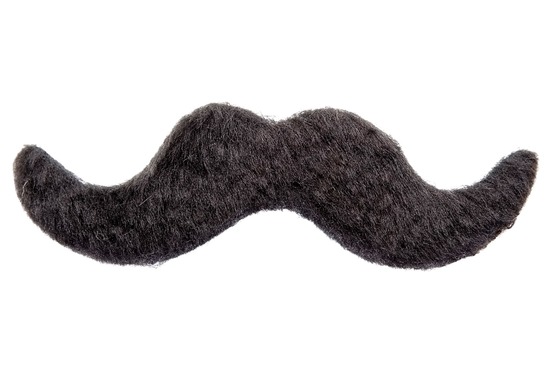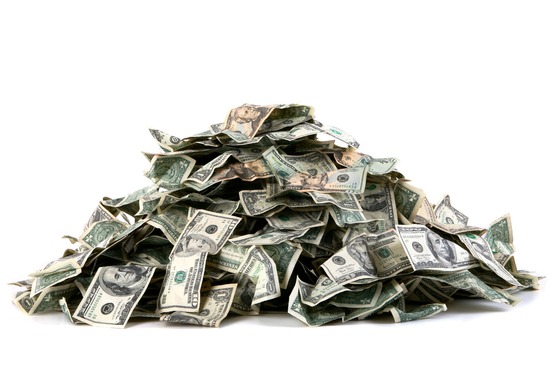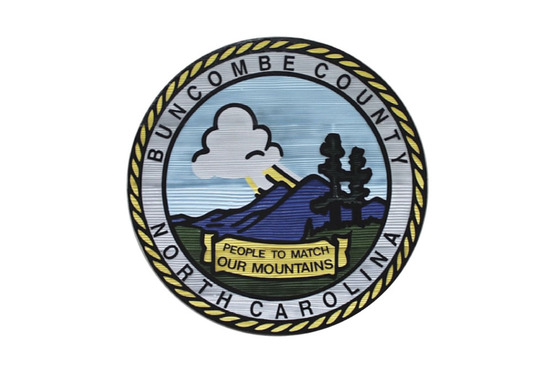
Codswallop
Definition:
: words or language having no meaning or conveying no intelligible ideas; drivel
Example:
"Some columnists even making claims that weight loss boosts sex drive and improves sleep (a snake oil salesman couldn't come up with a better pitch). Am I falling for all this codswallop?
— (letter to ed.) Birmingham Mail (Birmingham, Eng.), 23 Jan. 2023
About the Word:
Rumor has it that this 20th century British coinage was originally a derogatory name for products of one Hiram Codd, a 19th-century manufacturer of soft drinks. (Wallop is a colloquial term for "beer.") Evidence to back the story does not exist, though, and the origin of codswallop remains unknown.

Buffoonery
Definition:
: foolish or playful behavior or practice
Example:
"Even so, Foxx, as you might expect, has got this. As Bud Jablonski, a cash-strapped pool cleaner-cum-vampire hunter, the actor radiates blue-collar competence in the midst of escalating buffoonery."
—Jeannette Catsoulis, The New York Times, 11 Aug. 2022
About the Word:
Buffoonery comes from buffoon, originally the name for a fellow whose profession was to entertain others by tricks, gestures, or comic pantomime. The word buffoon comes from the Latin word for "toad."

Bosh
Definition:
: foolish talk or activity; nonsense – often used interjectionally
Example:
"Charles," said Cordelia, "Modern Art is all bosh, isn't it?"
"Great bosh."
"Oh, I'm so glad. I had an argument with one of our nuns and she said we shouldn't try and criticize what we didn't understand. Now I shall tell her I have had it straight from a real artist, and snubs to her."
—Evelyn Waugh, Brideshead Revisited, 1945
About the Word:
Bosh comes from boş, a Turkish word meaning "empty; useless."

Tomfoolery
Definition:
: playful or foolish behavior
Example:
"He also told investors to “ignore the FUD” (another asinine acronym that abbreviates “fear, uncertainty and doubt”) even as Celsius’s liabilities surpassed its assets by hundreds of millions of dollars, the court filing said. It simply boggles the mind that a sophisticated institutional investor like the Caisse was taken in by such tomfoolery."
— Rita Trichur, The Globe and Mail (Toronto, Can.), 13 Jan. 2023
About the Word:
Tomfoolery comes from Thome Fole, a name that Middle English speakers applied to anyone they considered a half-wit. Thome was a nickname for "Thomas" and fole meant simply "fool."
Definition:
: insincere or foolish talk; claptrap
Example:
"That’s his prerogative, of course. There’s enough going on in the world that only the most attentive sports fan will miss the regular fix of pseudo-scientific bunkum." – Eamon Lynch, The Florida Times-Union, 21 Aug., 2021
About the Word:
Bunkum was born in American politics. In 1820, North Carolina Representative Felix Walker gave a particularly long and wearisome speech that contributed little to the matter at hand. The politician defended his speech on the grounds that he was speaking for the people in his county: Buncombe. The extended meaning – and the spelling bunkum – appeared not long after.

Blatherskite
Definition:
: voluble nonsensical or inconsequential talk or writing; blather
: a person who blathers a lot
Example:
"His enemies believed he’d crossed the line into unlawful language, with one editor calling him a 'treasonably-inclined blatherskite.'" – Randy Dotinga, The Christian Science Monitor, 29 Mar., 2016
About the Word:
Blatherskite has a Scottish pedigree, and originated as an alteration of blather skate – skate being a Scottish term for a contemptible person. The first blatherskite was a blustering and often incompetent person. For many people, this word is probably most familiar from the catchphrase of the great Scrooge McDuck: "blathering blatherskite!"

Flapdoodle
Definition:
: foolish, empty, and often specious talk, writing, ideas, or opinions
Example:
"To paraphrase the late Joan Didion, they were offering analysis in which "measurable cerebral activity is virtually absent." The great press critic A.J. Liebling might have described it as 'the futility of flapdoodle.'"
— Michael Hiltzik, Los Angeles Times, 25 Oct. 2022
About the Word:
If anyone insists they know the origin of flapdoodle, their explanation is probably flapdoodle. We don't know where the word came from, but it probably began as an alteration of some other absurd word – the obsolete word fadoodle is one candidate.

Balderdash
Definition:
: nonsense; empty talk
Example:
"After 2020, the Patriots may have to take a different direction in 2021, But it in no way was due to a 'failed Cam Newton experiment.' Don’t buy that balderdash. " – Michael DeVito, Fansided (chowderandchampions.com), 6 Mar., 2021
About the Word:
At one time, balderdash ("origin unknown") referred to an odd and usually objectionable mixture of drinks (such as beer and milk or beer and wine). Balderdash with a capital "B" is now the name of a family board game.

Monkeyshines
Definition:
: pranks; mischievous or questionable tricks or pranks; monkey business
Example:
"A hotel is hardly the place for a show of strength or indeed, a place to pass a no-confidence motion. But all these monkeyshines are today becoming part of our political culture."
— The Assam Tribune (Assam, Ind.), 30 Jun. 2022
About the Word:
It's easy to see the playful monkey in monkeyshines, but what about shine? That word can also mean "a stupid trick" or "a silly caper" – and is usually used in the plural form when it does.

Folderol
Definition:
: nonsensical talk or action : trivial nonsense
Example:
"The trading folderol caught the attention of Robin Hood enthusiasts in Nottingham, England, where legends swirl of past campaigns to squeeze the rich." – James Hookway, The Wall Street Journal (wsj.com), 8 Feb., 2021
About the Word:
Where else would a word for "nonsense" come from but nonsense? Folderol originated in fol-de-rol, a nonsense refrain in songs.

Meshuggaas
Definition:
nonsense, foolishness
Example:
"The three women keep their own names and together with their parents play themselves like a Jewish version of "The Virgin Suicides" by way of "Fiddler on the Roof," i.e. less death and listlessness, more meshuggas and hollering.”
— Variety (Los Angeles, CA), 21 Dec. 2021
About the Word:
Meshuggaas came to English from Yiddish, and as is often the case with words we’ve borrowed from that language there is no agreement on spelling: one variant is meshugaas, and the plural may be either meshuggaasen or meshugaasen. We’ve also taken a number of related words from Yiddish, including meshugga (“mentally imbalanced”) and meshuggener (“a foolish or crazy person”).

Poppycock
Definition:
empty talk or writing; nonsense
Example:
“Taylor had said in the weeks leading up to his exit that Utah was the place for him and that Whittingham was the mentor for him, all of which was poppycock.”
— Gordon Monson, The Salt Lake Tribune (Salt Lake City, UT), 11 Dec. 2022
About the Word:
Poppycock (along with words such as dope and hustle) comes to English from Dutch. While it is occasionally used in English in a euphemistic manner, poppycock had a somewhat earthier sense in the language we borrowed it from: the Dutch dialect word pappekak has the literal meaning of “soft dung.”






